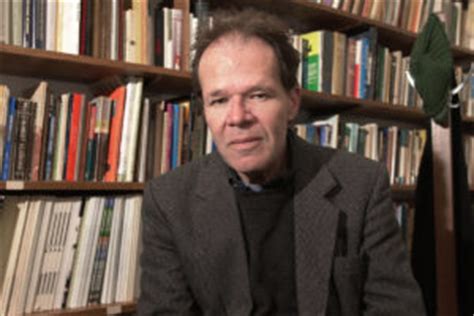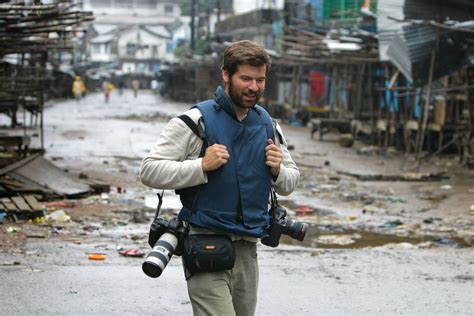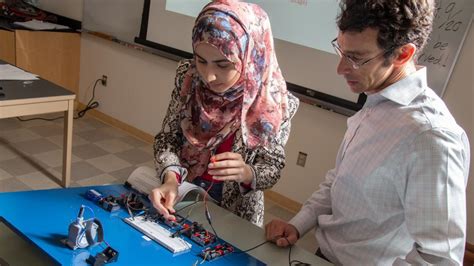A Quote by Vaclav Havel
It seems to me that one of the most basic human experiences, one that is genuinely universal and unites-or, more precisely, could unite-all of humanity, is the experience of transcendence in the broadest sense of the word.
Related Quotes
If you look at the Earth without architecture, it's sometimes a little bit unpleasant. So there is this basic human need to do shelter in the broadest sense of the word, whether it's a movie theater or a simple log cabin in the mountains. This is the core of architecture: To provide a space for human beings.
If you look at the Earth without architecture, its sometimes a little bit unpleasant. So there is this basic human need to do shelter in the broadest sense of the word, whether its a movie theater or a simple log cabin in the mountains. This is the core of architecture: To provide a space for human beings.
There is little mysticism without an element of transcendence, and conversely, there is no transcendence without a certain degree of egocentrism. It may be that the genesis of these experiences is to be sought in the unique situation of the very young child in relation to adults. The theory of the filial origin of the religious sense seems to us singularly convincing in this connection.
More fundamental than religion is our basic human spirituality. We have a basic human disposition towards love, kindness and affection, irrespective of whether we have a religious framework or not. When we nurture this most basic human resource - when we set about cultivating those basic inner values which we all appreciate in others, then we start to live spiritually.
The notion of "humanity" as a form of transcendence derives, I think, from the conviction that intellectuality possesses an absolute power, from the demand that our best behavior depends on our ability to think abstractly, in terms of a universal rule, about something called humanity, that we need to understand humanity abstractly so that we can act responsibly towards those who represent it.
I think the problem is these basic sort of human values from our - from the beginning, from birth, are not sort of properly nurtured. So then our mind, our brain, through education and also difference of experiences, that eventually, these basic values or what are called dominant, not have the catching up our intelligence, experience growth, that also should grow. Then our life become more human.
The Theatre of the Absurd ... can be seen as the reflection of what seems to be the attitude most genuinely representative of our own time. ? The hallmark of this attitude is its sense that the certitudes and unshakable basic assumptions of former ages have been swept away, that they have been tested and found wanting, that they have been discredited as cheap and somewhat childish illusions.






































